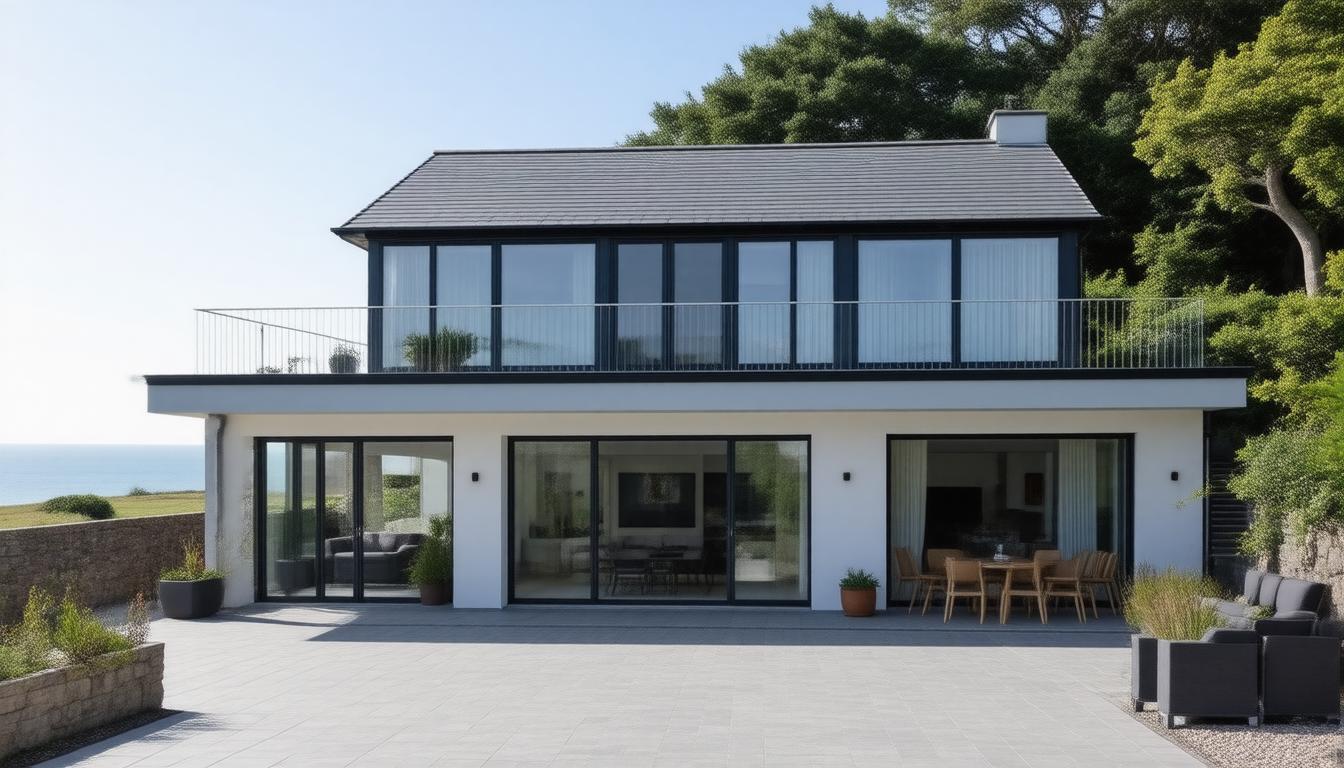In November 2024, Scarborough’s planning committee made the controversial decision to approve the conversion of a former bed and breakfast at 7 Blands Cliff into a 13-bedroom shared accommodation. This decision comes despite considerable dissent from local residents, who raised over 30 objections against the proposal. Concerns predominantly centred around the fear of antisocial behaviour, strains on local services, and the overall impact on the residential quality of life in the area. In response to these concerns, the applicant revised the plans, reducing the number of rooms and presenting a comprehensive management strategy, which ultimately swayed the approval by the planning authorities.
Key Takeaways
- Scarborough’s conversion of a former B&B to a share house was approved despite over 30 objections from locals.
- Community worries centered on potential antisocial behavior and the impact on residential living standards.
- The planning authority approved the project after the applicant addressed concerns by reducing the number of bedrooms and presenting a management plan.
Community Concerns and Objections
In a recent decision that has stirred significant debate within the community, Scarborough’s planning authority has approved the conversion of the former bed and breakfast at 7 Blands Cliff into a shared residence comprising 13 bedrooms. This proposal faced considerable pushback, with over 30 residents submitting objections primarily centered around concerns related to potential antisocial behavior, preservation of residential amenity, and the implications for waste management in the area. Local residents expressed their fears about how the introduction of a House in Multiple Occupation (HMO) would affect the character of their neighborhood, especially considering the influx of short-term tenants in a community that values stability (Scarborough Council, 2024). Initially, the planning officers exhibited caution regarding the application, citing the potential negative impact the HMO could have. However, following discussions where the applicant amended the original plan by reducing the number of bedrooms and presenting a comprehensive management strategy, the planning authority ultimately deemed the adjusted application acceptable. This decision opens the door for more HMOs in the area, raising questions about the future dynamics of the Scarborough community (Yorkshire Evening Post, 2024).
The community now grapples with the impact of this decision, demonstrating the ongoing tension between local development and community interests. As similar proposals may emerge, residents are encouraged to remain engaged in the planning process to voice their concerns effectively.
Approval Process and Management Plan
The approval process for the conversion at 7 Blands Cliff not only reflects the planning authority’s changing stance but also highlights the essential role of community feedback in development applications. The introduction of a formal management plan by the applicant was a pivotal factor that addressed residents’ fears, providing measures to mitigate potential antisocial behavior and ensure proper waste management (Scarborough Council, 2024). The planning committee recognized that the reduction of bedrooms from 14 to 13 was a significant step toward appeasing community concerns while still allowing for the transformation of the site. This case underscores the increasing demand for shared housing options in Scarborough, where the housing landscape is continually evolving due to demographic changes. Stakeholders in the area are urged to stay informed about upcoming developments and participate actively in the consultation processes, as community voices will be critical in shaping the character and livability of Scarborough (Yorkshire Evening Post, 2024). Furthermore, this case may set a precedent for future HMO applications, necessitating stronger frameworks for managing similar conversions while balancing community needs with housing demands.





